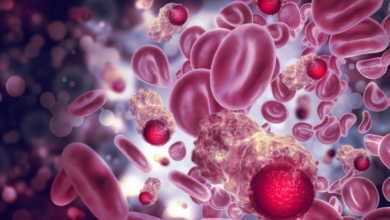Non-invasive Prenatal Testing (NIPT)

What is Non-invasive Prenatal Testing (NIPT) ?
Carrier Testing is a genetic test to determine if a person carries a gene for a recessive genetic disorder. This is especially important for couples planning a family, as both parents must be carriers for their child to inherit the disorder.
Non-Invasive Prenatal Testing (NIPT) is a prenatal screening test that uses DNA fragments from the placenta, found in a mother’s blood, to assess the risk of certain chromosomal abnormalities in the fetus. This test is highly accurate and can be performed earlier in pregnancy compared to traditional methods.
Why Non-invasive Prenatal Testing (NIPT)
is required?
NIPT is recommended for:
- Women over 35 years old
- Women with a history of miscarriage or stillbirth
- Women with a family history of genetic disorders
- Couples who have previously had a child with a genetic disorder
which are the method of Non-invasive Prenatal Testing (NIPT)?
NIPT typically involves a simple blood draw from the mother. The blood sample is then analyzed for fetal DNA fragments.
who should go for Non-invasive Prenatal Testing (NIPT) ?
As mentioned above, NIPT is generally recommended for women at higher risk of having a child with a chromosomal abnormality. However, it’s becoming increasingly accessible and is often offered as a routine prenatal screening option.
What are the results of Non-invasive Prenatal Testing (NIPT)?
NIPT provides a risk assessment, not a definitive diagnosis. A positive result indicates an increased risk of the fetus having a chromosomal abnormality. A negative result does not guarantee a healthy baby, but it significantly reduces the risk.
What are the components of Non-invasive Prenatal Testing (NIPT)?
NIPT typically screens for the following chromosomal abnormalities:
- Trisomy 21 (Down syndrome)
- Trisomy 18 (Edwards syndrome)
- Trisomy 13 (Patau syndrome)
- Sex chromosome abnormalities (e.g., Turner syndrome, Klinefelter syndrome)





